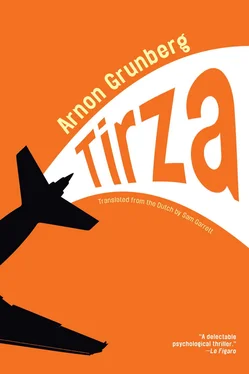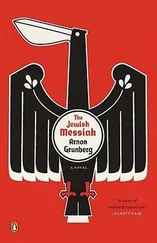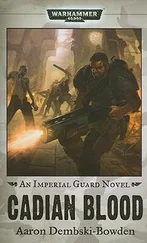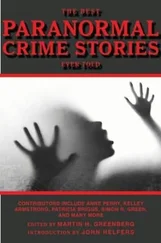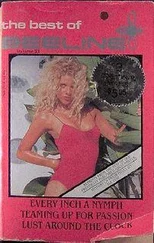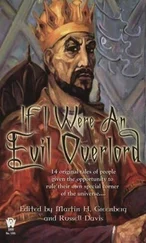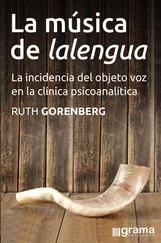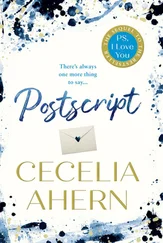'sit. It helps nothing when you as defeats. Since it is not better.'
He gets into a scale with nuts which the wife next to its seat. It is a nice evening. Hot and not too humid.
'call you,' he says. 'call you. Or else I go there. Perhaps I should just get there. This does not make any sense. This waiting here. This wrangling. This wait. The panic nothing likely.'
It is a time, they bending the nuts from the container to collect his cases.
'Yes,' says they as they are ready, 'maybe you there.'
'What do you mean?'
He is of his piece.
'As I am doing.' She eats the nuts that have fallen on the ground. 'Maybe you there. What can we do?'
The garden chairs on which they sit are old. Ship's steward at that time was a shame to have to invest a lot in garden furniture. He will be pleased to make a good impression, and he is mainly because of its surroundings of a certain style but the garden furniture has no priority.
'And then,' he says, 'if i go?'
'You began it. It was your idea. Then you will find her. Then we are reassured. So it will continue. And then… Yes, then I do not know.'
He leans back on. 'You,' he says, 'You have you not to its concern over the last few years you have not even more called. Not even called. You had to pressure. God should know that. And now you play here to the concerned mother, the woman who could not sleep because the unknown is where her daughter in Namibia exactly whereabouts, if they still is. Maybe they already in Botswana. Or Zaire.'
'I still had a life next to my children, yes. That is not a crime. That is my right.'
'Next? Do you call that next to it? It was not next to it. It was over them, there cross through it. Not next to it.'
'What I also have done over all these years and not done, and what I have said about her, and also what they said to me, I keep her mother. I am no longer your wife, but I am still her mother.'
He is. In the kitchen he keeps his wrists under cold water. He shivering.
Slowly dries his hands.
He sees how they the garden chairs folding and into the barn. They are cold. They put the wine glasses and the nuts on a tray. She runs to him. She looks at him.
'Well,' he says soft, 'I go there. You are right. I should do it. It is better. The unusable goes to Africa.'
They put the tray on the worktop and picks up his hand with a tenderness that he will find provocative. In this phase of his life is tenderness shocking.
'probably find them the fun too, if you were suddenly to emerge in Africa. You know how fond Tirza on you? She is really terrible love you.'
'probably,' he says, 'probably she likes. It would not surprise me. She loves me.'
He raises his hand, he holds his wrists back under the cold tap water.
The next morning he buys a ticket, via Zurich and Johannesburg to Wind Angle, with South African Airways. He must still be waiting three days before he can leave. The next few days are the flights completely full. Cheap tickets are not more.
That last days it does not go to Schiphol. He works in the garden, does groceries, runs a round by the Vondelpark.
The evening before his departure to pick up his suitcase in, a small blue suitcase that formerly he has taken a few times on mission. New York. Turin. Ach, many missions he has now also been created.
He picks up not much of a pak, what shirts, two summer trousers. Long he will not continue. Ten days should be enough. In ten days you can do a great deal.
On a Saturday afternoon in August for half an hour or two state he on the point to leave the Van Eeghenstraat. The wife is in the garden a ladies sheet to read.
'I go forward to outside,' he calls from the kitchen, 'I have called a taxi.'
'Wait," she says, 'I have in front of you.'
She goes to the bedroom and comes back with a packet.
'What is this?' he asks.
'grasp but from.'
He makes the packet of open. There is a dress in a blue summer dress.
'For Tirza. He was in the offer, and he is precisely its size. I thought: a raised, they will be able to use it properly.'
He smiles. 'What nice of you. What kind.' He watches the dress. 'He will continue its good,' he says. 'It is its taste. She loves simple things.'
Carefully pick up the dress again.
Soon he opens the suitcase, under his bag is still fit for the package of the spouse.
'I call you,' he says, 'When I am there.'
He gives her a volatile kiss on the right cheek.
But it does not return to the garden, she runs to go with him to the front door.
'It will well," she says, 'it is good. It is that we have become old, therefore, we make it our concern for our children. Because we are old and our bored.'
'Yes,' he says, 'That's the. Because we have become old. Go back to the garden. Soon the rain starts again. Enjoy the sun also.'
'Here," she says, "it should also bring you.' She gives him an envelope.
Hesitant to pick up to him.
'What is in it?'
'a photo. I thought: it is good if you have a photo with you.'
He takes the photo from the envelope. Tirza, not long before her graduation celebration, a few days before, two weeks perhaps.
'Dank you,' he says. 'Dank you. Where did you find it?'
'In her room. You never know. Perhaps he comes in handy.'
'You know the never,' he says and stops the envelope in his pocket.
'Have you actually told Ibi?' she asks.
'I not,' he says. 'I am not. I have her the last few days not more.'
It goes back to the garden and he goes in the porch. He has his suitcase at his briefcase, containing the iPod, the charger, Tirza's agenda and its notebook, the manuscript of the author from Azerbaijan and its four pencils.
There will be at least ten minutes wait at the taxi. A neighbor says it in passing goodbye. He runs for his own house up and down as a beast in a cage. There are baggage is in the portico on him to wait. Such baggage appears to be something to say against him, but he does not know what.
On the flight to Zurich he has no one next to it and if it to sleep, but between Zurich and Johannesburg next to a he sits French couple. During the food is developing a call. They are going to explore South Africa and he? They want to know.
'I go visit my daughter,' he says in moderate French.
'In Johannesburg?'
'In Windhoek.' He cuts in his chicken. Bleed the call death.
After the food he retrieves the manuscript and his pencils and he begins to read routinely.
In Johannesburg he must wait nearly four hours. His head hurts of fatigue. He orders coffee, sit by the window with a view of the aircraft, but he has no rest for a long time to continue.
With the briefcase in his hand he runs on the airport, which is not great, especially if you compare it with Schiphol or Frankfurt.
A few times he retrieves the envelope from his inside pocket and he looks at the photo of the solar queen. In a shop he buys an adapter plug for South Africa and Namibia, and a hat against the sun. The sun there will be bright. He puts the hat and looks in a mirror, and decision to keep him. He takes pride of ship's steward not, he gives him a little extras.
Now he is a man with a hat.
He runs well in advance to the gate.
A ground air hostess says: 'We have not yet started with boarding, sir. About a quarter of an hour.'
He is doing a few steps back and remains so wait.
She looks at him, the air hostess than she asks: 'Are you going to spend your holiday in Namibia?'
He takes the envelope from his inside pocket. 'I go visit my daughter,' he says in reasonable English. He shows her the photo.
'a nice child," she says. 'Congratulations. And of that lively eyes.'
He looks itself again to the photo, perhaps to the liveliness of Tirza's eyes.
In the bus to the airplane is the human him at that have changed. Still blank, but otherwise blank than him. Other garments, other faces, even other movements. He hears German, Afrikaans, Italian, a little English.
Читать дальше
